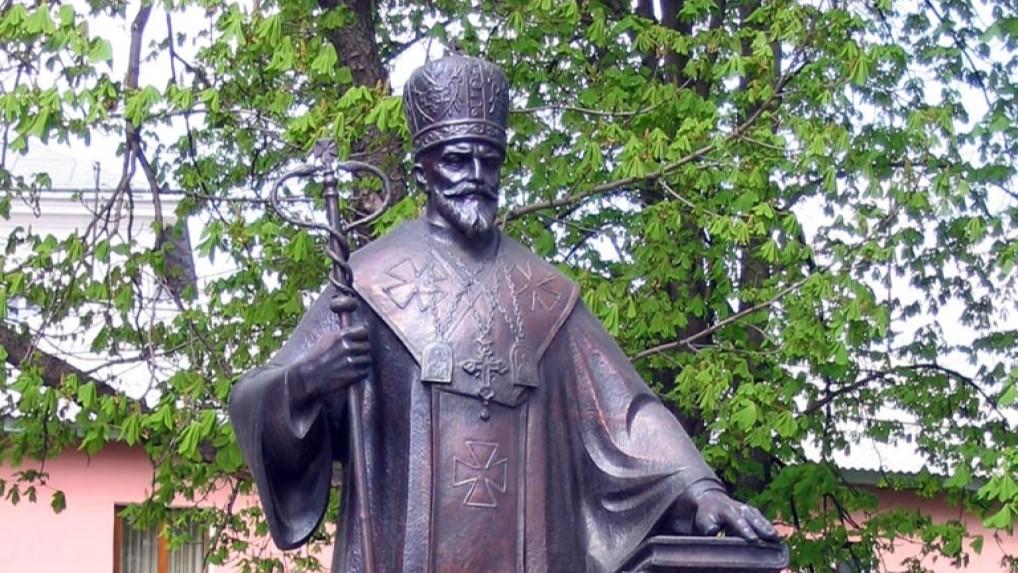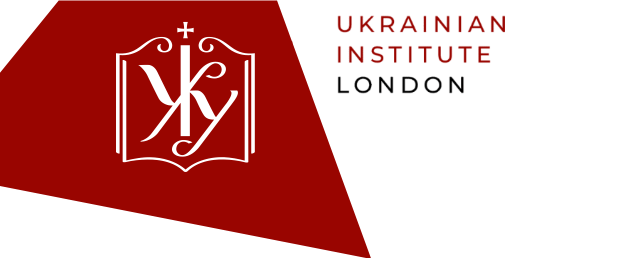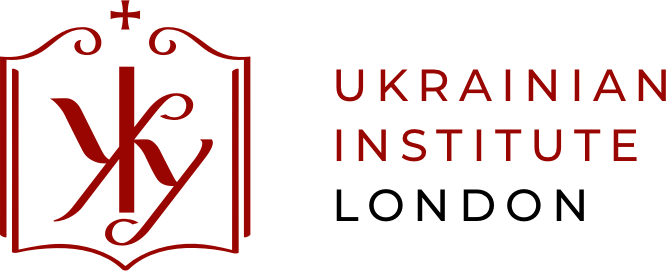A look back at the life and legacy of Patriarch Josyf Slipyj, founder of the Ukrainian Institute London, with the Right Reverend Hlib Lonchyna.

AUTHOR
Ukrainian Institute London
In 2017, the Ukrainian Greek Catholic Church marks the 125th birth anniversary of Patriarch Josyf Slipyj, one of its greatest reformers and inspirational leaders, a survivor of GULAGs and a visionary. The Ukrainian Catholic University and the Ukrainian Institute in London, associated with UCU, were founded by Slipyj. The Right Reverend Hlib Lonchyna, Eparchial Bishop of the Ukrainian Catholic Eparchy of the Holy Family of London, remembers Patriarch as “a man of great vision.” He looks back at his legacy, discusses his connection to the Ukrainian community in Great Britain and considers the role of the Ukrainian Catholic University and its affiliates in London.
Ukrainian Institute London: You have met Patriarch Josyf Slipyj personally. What can you say about his character, because on some photos he looks rather stern; he went through serious difficulties in his life.
This was a man with a great vision, great love for God, for his church, and for his Ukrainian people.
Hlib Lonchyna: Patriarch and Cardinal Josyf Slipyj was a very majestic person. When you met him, you were in awe of his persona. He had gone through many years of great suffering. He was arrested by the Soviets in 1945 and spent 18 years in Soviet prisons. So this was a man marked by suffering and torture. But he was not a bitter man. Yes, it’s true, he was quite severe with himself and with other people. He did not mince his words. He said it as it was. But this was a man with a great vision, great love for God, for his church, and for his Ukrainian people.
Ukrainian Institute London: Ukrainians sometimes claim that they need more prominent historical figures and good heroes. Would you say that Patriarch and Cardinal Josyf Slipyj is one such figure?
Hlib Lonchyna: We need to have role models and the Patriarch Josyf is a great role model for all ages. First of all, this was a person who had principles and lived according to them. He was ready to suffer the fate of being a prisoner, never turning away from his Church and mission. We quite often find people compromising themselves for an easier life, for money and power. This was a man who did not look for these things.
Ukrainian Institute London: Do you think he could have envisaged Ukraine becoming independent in our lifetime?
Hlib Lonchyna: He always said that evil cannot last an eternity, and always believed that Ukraine would be independent. When he was publishing books of the Ukrainian Catholic University, he would always set aside 50 copies in a separate room, which was always locked, and said they were to be transported to Ukraine when it was free. We listened to this, smirking, and saying, “Yes, perhaps at the end of our lives, it could be possible.” However, not even 10 years after his death, those books were transported to Ukraine.
Ukrainian Institute London: It seems his biggest legacy is his work with Ukrainians abroad. Now that the Ukrainian diaspora is changing and growing, what lessons can be drawn from his work with Ukrainian communities?
One of his most important lessons was to be yourself. Do not allow external influences to take away your nationality.
Hlib Lonchyna: One of his most important lessons was to be yourself. Do not allow external influences to take away your nationality. He always called Ukrainians to unite, to be aware that they belong to one nation, and whether they were Ukrainians in Ukraine or in Europe or the Americas or Australia, we all have the same roots. Of course, people living in the diaspora were taking on the cultures of other nations. He always thought that we should take everything that was good from these nations and apply them to culturally enrich one another.
Ukrainian Institute London: What can you recall about the cardinal’s work in Britain?
Hlib Lonchyna: He wrote about his visit to England in the 1930s, and returned to Britain in 1970 as the Major Archbishop of Lviv of the Ukrainian Catholic Church, and celebrated the Divine Liturgy in most of the parishes. There were events and concerts in his honour. He was led by Bishop Augustin, the local bishop here. Other bishops of Europe would come to accompany him. He wanted to familiarise himself with the Ukrainian diaspora of Great Britain, and to encourage them in their faith, and in their culture.
Ukrainian Institute London: Was it his personal initiative to buy the building for the Ukrainian Catholic University in London?
Hlib Lonchyna: Yes, it was. He encouraged local Ukrainians to make this purchase. Patriarch Josyf Slipyj founded the religious society of St Sophia. It began in Rome then grew to the United States, and he founded a branch here, in Great Britain. In Holland Park he initiated the purchase of the building at number 79, and gave a large loan. But when the building was bought he denied the repayment, deciding to keep the money there as an endowment fund for the Ukrainian Patriarchal Society.
Ukrainian Institute London: Now that Ukraine is free and we have a wonderful Ukrainian Catholic University in Lviv, what is the role of the UCU branches around the world, particularly in London?
Education is the second most important thing after prayer in Ukrainian church life and Josyf always emphasised this: first prayer, second learning.
Hlib Lonchyna: The role of the Ukrainian Catholic University is to educate young people in different fields. The branches all over the world – in London, Rome and elsewhere – aim to foster this education. We don’t have regular classes, except for the Ukrainian language classes. We have seminars which focus on different elements of Ukrainian culture and religious life. Education is the second most important thing after prayer in Ukrainian church life and Josyf always emphasised this: first prayer, second learning. God created humans as intelligent creatures, and although humanity cannot comprehend all of God’s designs, we must try to understand as much as possible.
Watch the full video, produced by Bogdan Tsioupine, on our YouTube channel.



